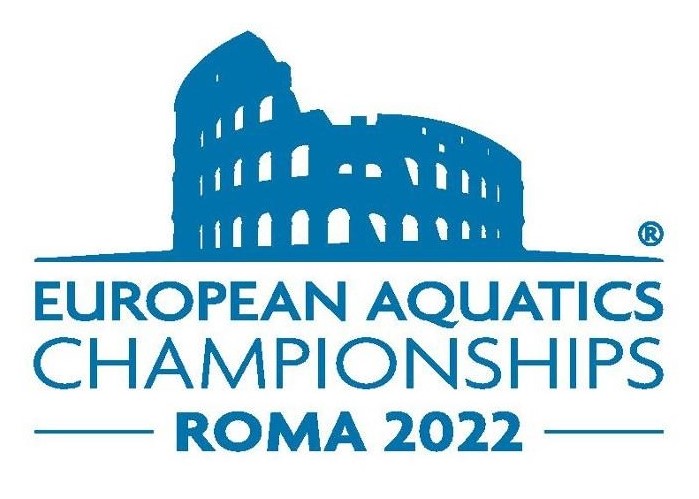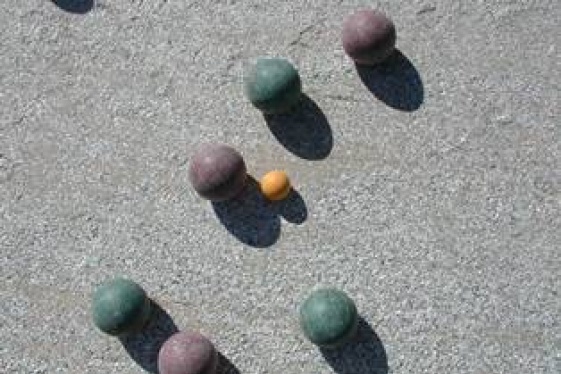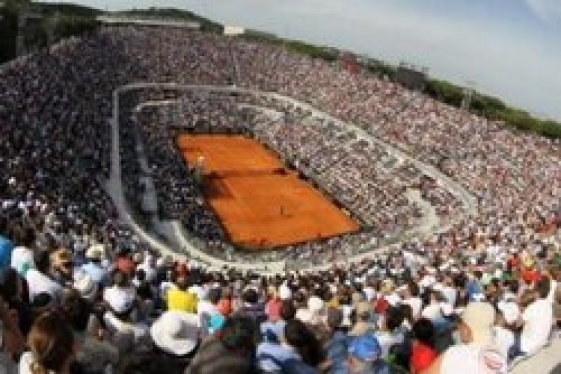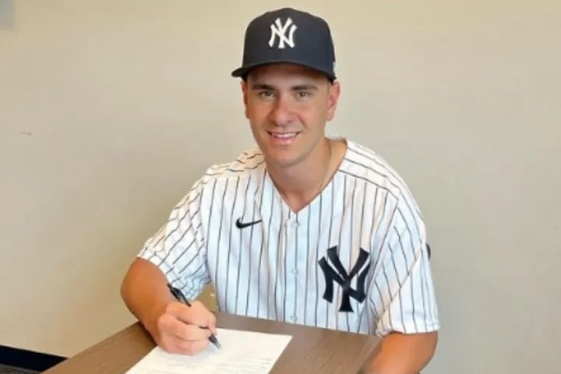

BY: Sky Sport
23 nations won at least one medal at the European Watersports Championships that ended yesterday in Rome. Italy broke all records with an impressive 67 medals, 24 gold, 24 silver and 19 bronze: no country had ever won so many medals.
The Italian athletes won podiums in all aquatic disciplines, from swimming (as many as 35) to open water swimming (6), from diving and artistic swimming with 12 medals each, to the novelty of high diving with 2. In second place in the medal table (number of medals) was Great Britain with 27 podiums (less than half of Italy's), third was France with 21 (less than a third of Italy's).
Here are the moments we won't forget from Rome 2022 involving Italian athletes.
THOMAS CECCON. Six medals around his neck including four gold ones. That would be enough to describe the legendary European Championships of the young man from Thiene, on the podium in backstroke, butterfly and style (with relay). The first man in the history of the continental event to win titles in three different specialties. Two years before Paris 2024, Italy dreams big with him.
GREGORIO PALTRINIERI. Paltrinieri is known to be insatiable, and as the pure competitor he is, he would have liked to win five medals in as many competitions. Only one piece was missing to close the perfect work, that 10km open water finished in 7th place. Details, however, in a memorable European Championships for Greg, who won three golds and a silver, thus rising to 17 European podiums in his career. From 2012 to the present, moreover, the Carpi swimmer has always finished on the podium in the European field in the 800 and 1500. Simply unique, but with a desire to raise the bar again in the future.
SIMONA QUADARELLA. It was the home European for her, who grew up just a few miles from the Foro Italico. In 2009 she was in the stands as a fan to support her idol Alessia Filippi, thirteen years later the roles were reversed. Simona won in the pool, Alessia cheered for her. It was a dream scenario for Quadarella, who won gold medals in the 800 and 1500 style. Unlike the last European Championships, she missed the trio with the 400: there came the silver.
NICOLO MARTINENGHI. Like Paltrinieri, Martinenghi put three gold medals and one silver around his neck. The races at the Foro Italico were further confirmation of Nicolò's strength, among the world's best ranists. In the 50 he further lowered the Italian record (26''33), in the 100 he dominated from the first to the last stroke.
MARGHERITA PANZIERA. For six years she has been the absolute queen in the European field in the 200 backstroke (three consecutive golds in the specialty, as she in history only the Hungarian Egerszegi and the German Sirch in the past), but in Rome she managed to do more, winning for the first time the gold medal also in the 100. With her smile she lit up the Foro Italico.
BENEDETTA PILATO. The young Taranto native repeated the same performance as in the Budapest World Championships: gold in the 100 breaststroke, silver in the 50 behind Ruta Meilutyte. The challenge with the Lithuanian, who has returned to the highest level after a recent shadowy past, will be among the best in the future as well.
MEN'S RELAYS. To measure the level of an entire movement, the best thermometer is the relay, and in the men's field Italy has dominated far and wide. The example is the mixed relay: Ceccon, Martinenghi, Rivolta and Miressi confirmed their world gold, giving 5 seconds to the runner-up. Gold medal like that of the men-jet Miressi, Ceccon, Zazzeri and Frigo of the 4x100 style.
CHIARA PELLACANI. In the post-Cagnotto generational replacement, Italy found in Chiara Pellacani the worthy heir. The Roman diver, who has yet to turn 20, won five medals in five days, including gold in the three-meter springboard. The last one to succeed in this specialty? Tania Cagnotto herself in 2016. The future is hers.
LORENZO MARSAGLIA. If in the women's event there is Chiara Pellacani, in the men's event another Roman has gained the stage. Marsaglia succeeded in a real feat by winning gold in the 3-meter springboard: in fact, in a men's Olympic diving specialty, the last victory in the European event went back to Klaus Dibiasi in 1974. Silver medals in the 1m springboard and the 3m synchro with Giovanni Tocci also completed the feat.
MINISINI AND THE EXCITING PERFORMANCE WITH ARIANNA SACRIPANTE. Giorgio Minisini was the absolute star of artistic swimming, winning four gold medals (two individual and two paired with Lucrezia Ruggiero). The Italian champion, however, also wrote the most emotional page of these European Championships with a splendid performance during the Gala together with Arianna Sacripante, an athlete with Down Syndrome. The two performed on the notes of "Imagine" and sent a clear message: sport is inclusion.
DOMENICO ACERENZA. After his silver medal in the 5K he said it: "I'm not satisfied with another second place in the 10K." Mimmo outdid himself on the final day of competition, winning two gold medals in the space of seven hours. He dominated in the 10km and was instrumental in the last fraction of the mixed relay (the Team Event) when he pulled away from a tough nut like Hungary's Rasovszky.
DE ROSE AND THE DIVERS FROM THE GREAT HEIGHTS. Diving from a 9-story-high building into a pool six meters deep and with the Olympic stadium in front of it. This is the scenario experienced by the athletes of the diving from great heights (27 meters for men and 20 for women), for the first time within the program of the European Championships. Again Italy was the protagonist with the bronze medal won by Alessandro De Rose.
THE CHAOS OF THE 25KM. Open water swimming had to deal with the heavy seas in Ostia that led to the postponement of the program and, on Saturday, the interruption of the 25km. A demerit goes to the judges on this race: swimmers were stopped after nearly 4 hours of competition and waited more than two hours before cancellation. No medals awarded because the chief judge did not have the correct view to assess the position of the athletes at the time of the suspension, when at the first places there were 5 Italian athletes.
You may be interested
-
2015 Bocce Bash!!
Please join Mia Maria Order Sons of Italy in America Lodge #2813 as we host the 2015...
-
Italian Open's History and Records: A tale o...
For Italians, and Romans in particular, the Open is not just a tennis tournament where cha...
-
Jean Lenti Ponsetto Honored as National Ital...
The National Italian American Sports Hall of Fame is proud to announce its inductees and h...
-
'A useful reset': How Giants OF Michael Confo...
He just turned 30. He bats left-handed. He boasts a career 124 OPS+ — the same as Nolan Ar...
-
'Best putting round ever' lifts Molinari to B...
Francesco Molinari clinched a two-stroke victory at the Arnold Palmer Invitational when he...
-
'Bruno Sammartino' Documentary To Debut In NY...
The long-anticipated documentary about late Pittsburgh wrestler Bruno Sammartino is being...
-
'Don't wake me up! Let me enjoy this dream!'...
The forward only scored seven goals for Italy but six arrived during the 1990 World Cup, e...
-
'Dreams To Reality': Yankees Sign Short Hills...
After years starring at Millburn High School, Short Hills resident Peter Serruto is living...










